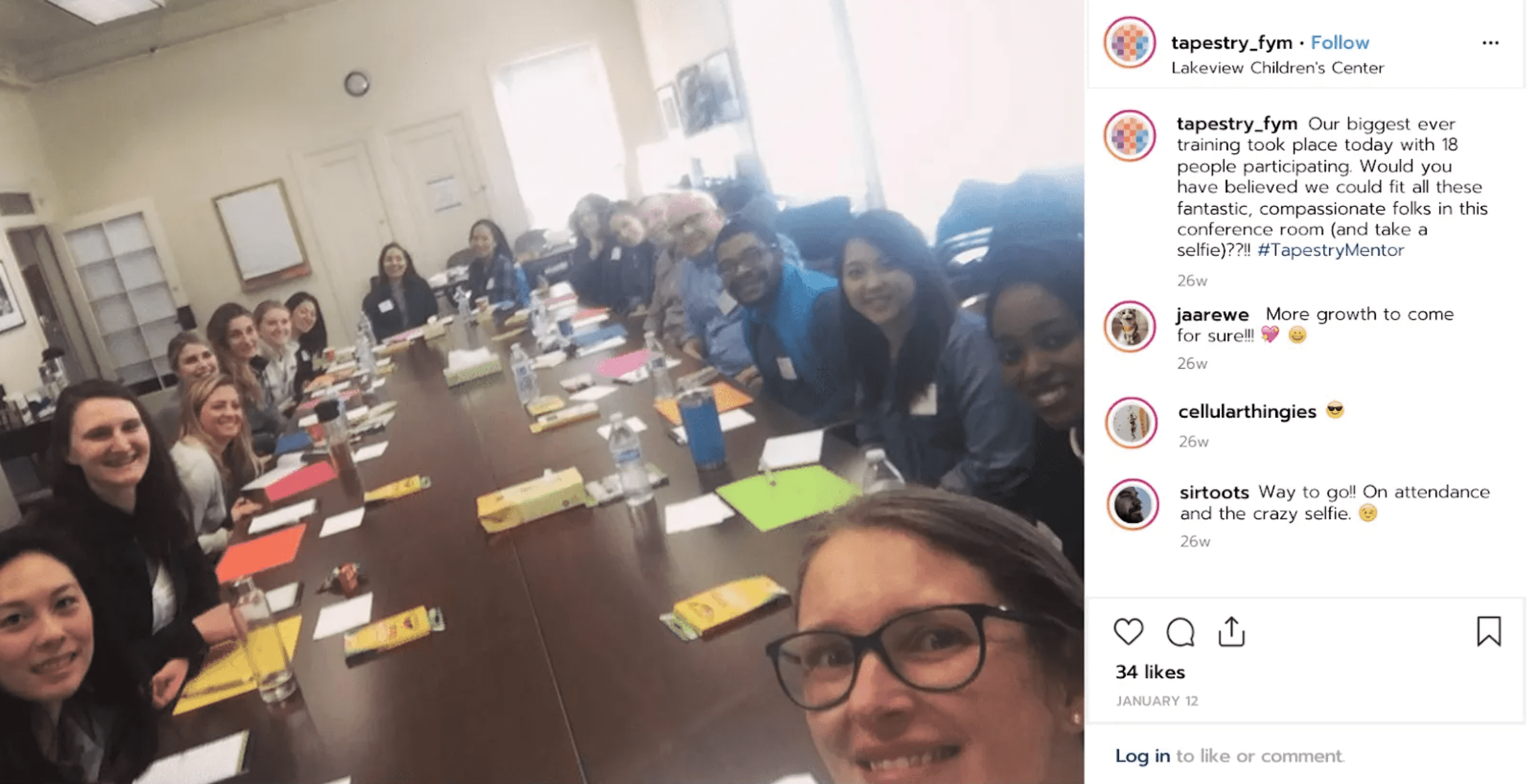Two interesting travel stories (of a sort) caught my eye in this morning’s NYT. The first was one of those periodic road trip accounts that you see now and then and that tend to be pretty entertaining. I love the minivan angle–timely and practical, I thought. Made the notion of the cross-country road trip seem more manageable.
(Speaking of minivans, a brief moment of venting here: A month or so before I moved to Alexandria, I was in a car accident–my fault–and had to have the front passenger door replaced. They put in a refurbished door…and now it won’t unlock! I have to climb in the through the back or passenger side doors. And I can’t take it back to where I had the work done, because I had the work done 850 miles away. Grrr…)
The second was one I hadn’t heard about here but apparently has gotten a lot of attention in Europe. A thirteen-year-old Dutch girl wants to sail around the world by herself. Her parents gave her permission, but the state has intervened to tell her she can’t go–at least for now, while they evaluate her fitness for the trip. Fascinating stuff:
She said on a Dutch children’s show this month that she had been sailing solo since age 6 and planning her global voyage for three years.
“I asked my parents if I could — please — start now,” she said, The Associated Press reported.
“In the beginning, they asked if I was sure I really wanted to do it,” she said. “They have sailed around the world, so they know what could happen and that it’s not always fun, but I realize that, too. But I really wanted to do it, so my parents said, ‘Good, we’ll help you.’ ”
She has been practicing her solo skills. Earlier this year, she was picked up in Britain after she was discovered sailing alone to the port of Lowestoft, on the east coast of England. The British authorities ordered her father, Dick Dekker, to go get her. He went, but Laura ended up sailing home alone, according to news reports.
Caroline Vink, a social worker at the Netherlands Youth Institute in Utrecht, a research organization that advises the government on youth policy, said Laura’s case was not clear-cut because she was obviously a talented and passionate sailor capable of great things. But she stressed that, ultimately, “the state and society had a moral obligation to intervene when the safety of a child was at risk.”
The ruling came from a district court in Utrecht, which said she could continue living with her father during the assessment of the trip’s risk. Laura was not in the courtroom, The A.P. reported. She was out sailing.

